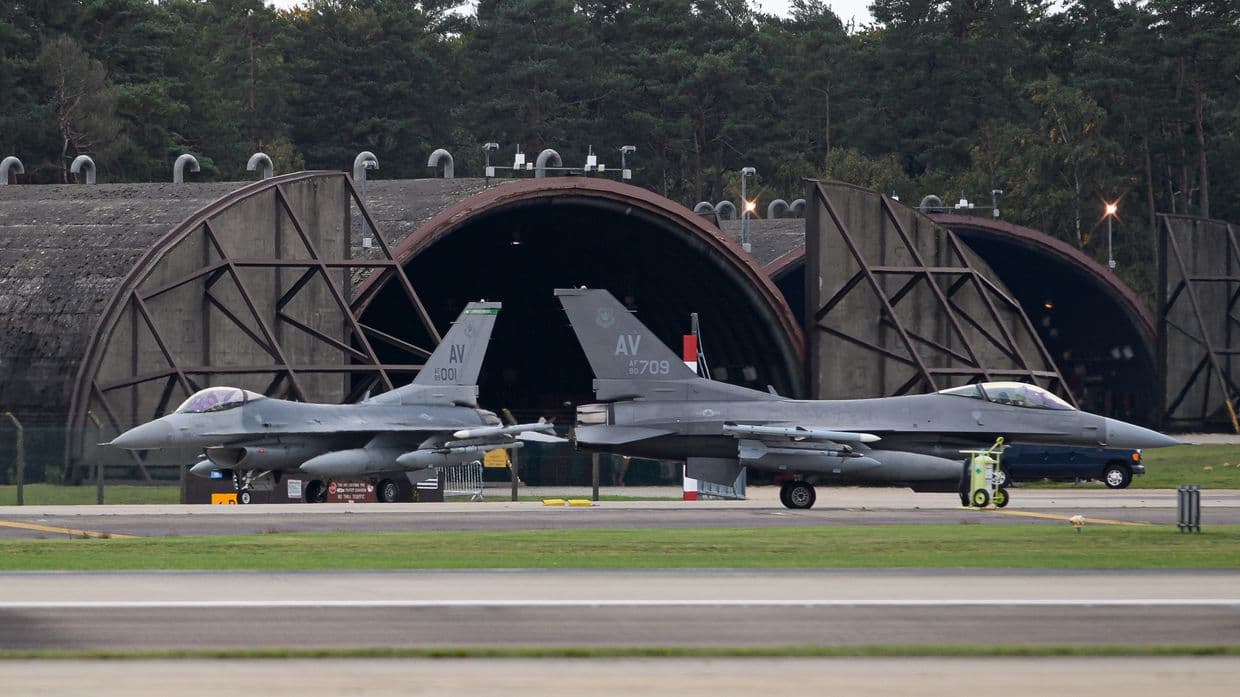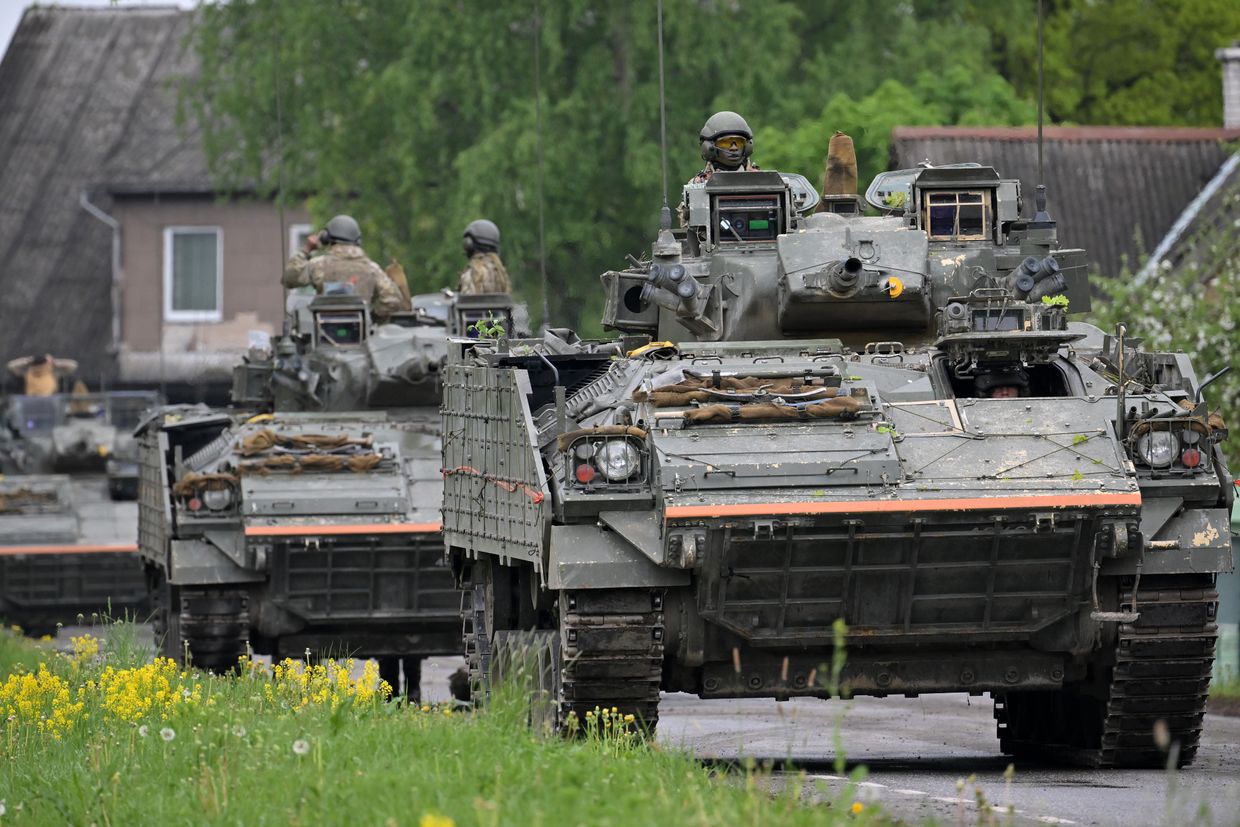Telegraph: US to deploy nuclear weapons in UK to counter Moscow's threat

The U.S. plans to station nuclear weapons in the U.K. for the first time in years amid growing tensions between NATO and Russia, The Telegraph reported on Jan. 26, citing Pentagon documents it had obtained.
Washington removed its nuclear weaponry from the U.K. soil in 2008, after they had been stationed there since the Cold War. The move was meant to defuse tensions with Russia.
Now, with the full-scale Russian invasion of Ukraine soon to mark its second anniversary, Western officials are warning that NATO should again ready itself for a potential open conflict with Moscow.
According to procurement contracts seen by The Telegraph, the U.S. plans to place nuclear bombs three times the strength of the Hiroshima warhead at the Royal Air Force (RAF) Lakenheath air base in Suffolk, England.
Nuclear weaponry was stationed at this facility also during the Cold War.
The U.S. and the U.K. have officially neither confirmed nor denied the report.
The first media reports indicating that Washington plans to resume its nuclear presence at RAF Lakenheath appeared already last year.
The Russian Foreign Ministry commented in September 2023 that it would view such a move as a "step toward escalation," promising to respond with appropriate "countermeasures."
Lieutenant Admiral Rob Bauer, the chair of the NATO Military Committee, said last week that civilians of the allied countries should be prepared for the prospect of an all-out war with Russia in the next 20 years.
Similar statements were also made by officials in Sweden, a country that is currently seeking to join the alliance.
Not all share this view, however. Lithuania's chief military commander Valdamaras Rupsys said in an interview on Jan. 25 that "the probability of a war between Russia and NATO is very low, extremely low."
Rupsys acknowledged contradictory statements made recently by Lithuanian Foreign Minister Gabrielius Landsbergis, who said that a potential NATO-Russia war is a "likely possibility." Preparation for a potential conflict is a necessary move, Rupsys said.
Despite this, the general said that "when we have to discuss military advice with those who are not really qualified to give military advice, there is some confusion."














